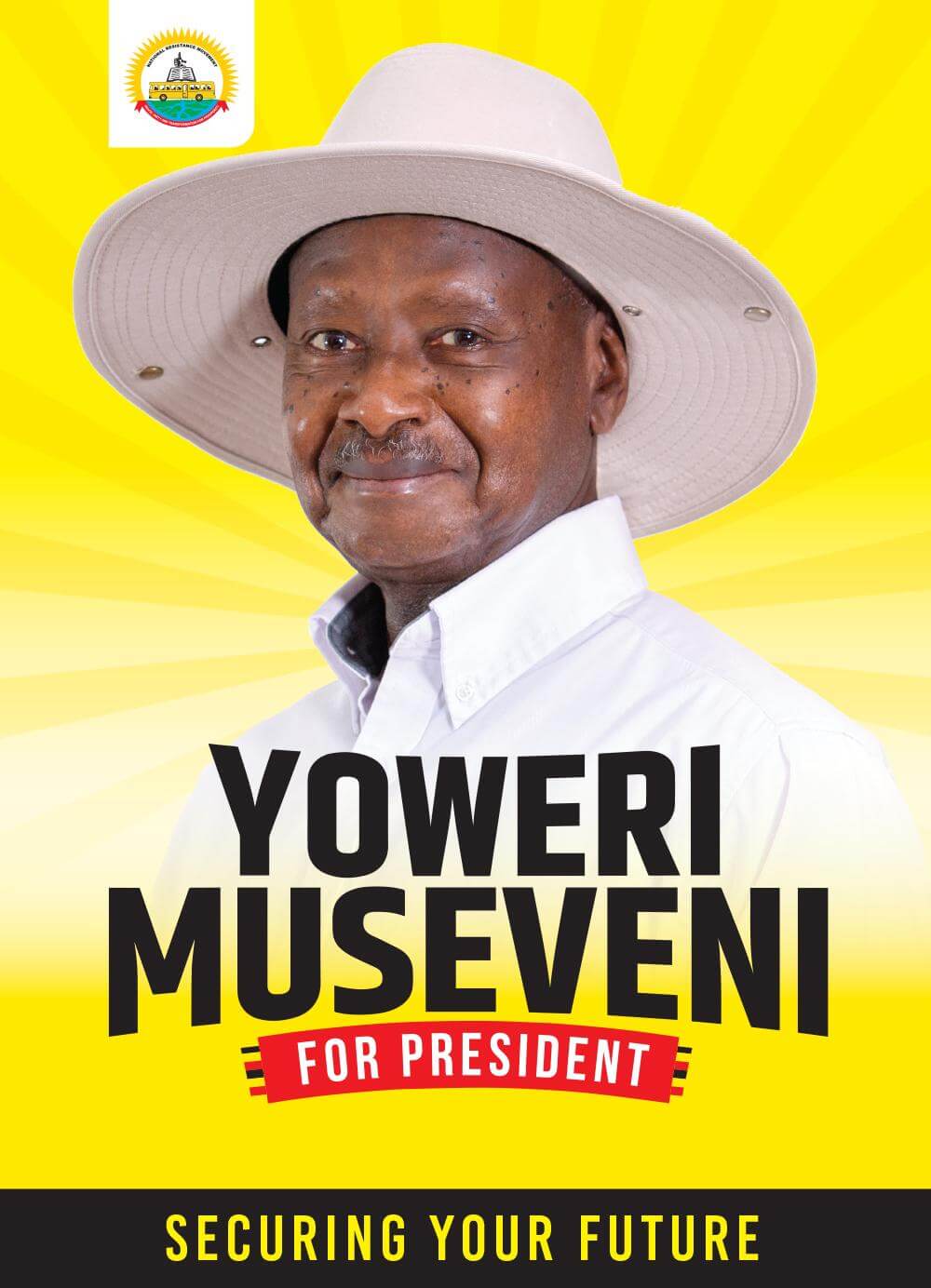H.E Chairman, Wang Yang of the Chinese People’s Political and Consultative Conference (CPPCC);
Chairman, Lui Qui Tao of China Communications Construction Company Ltd (CCCC);
Chairman, Chinese Enterprises Chamber of Commerce in Uganda;
Vice President, China Exim Bank;
Minister of Works and Transport;
Ministers present;
Members of Parliament;
District Leaders;
Religious Leaders;
Ladies and Gentlemen.
By 1900, the whole of Africa had been colonized by western imperialists except for Ethiopia. Our traditional leaders (Chiefs) tried but were defeated all over Africa by the colonialists.
Nevertheless, new patriotic forces started a new resistance against colonialism. The ANC of South Africa was founded in 1912. In the 1940’s, African patriotism was re-inforced by young people like Nelson Mandela who brought new dynamism in the struggle.
Meanwhile, a happy event had taken place in the world and that happy event came to assist Africans in their quest to liberate themselves; here, I mean the socialist revolution in Russia of 1917. The Soviet leaders started supporting the anti-colonial movements in Africa. They supported Movimento Popular de Libertacao de Angola(MPLA) of Angola, Zimbabwe African People’s Union (ZAPU) of Zimbabwe, South West African People’s Organization (SWAPO), the African Party for Independence of (PAIGC) of Guinea Bissau and Cape Verde, African National Congress (ANC) of South Africa.
Another happy event took place in the world, when the communist took over the leadership in China in 1949. That now meant that, the supporters of the de-colonialization had expanded involving the Soviet Union, a new China, some of the Eastern European countries like East Germany as well as the newly independent India plus some groups in the west that were liberal in ideology.
As we were growing up in the 1950’s, we could once in a while, see the pictures of the freedom fighters from Africa with Chinese Leaders–Chairman Mao Tse-tung, Prime Minister Zhou Enlia, Foreign Minister Marshal Chen Yi and Defence Minister Marshal Peng Dehuai. Some of the African countries that did not regain their independence peacefully, had their freedom fighters supported by Soviet Union and China in terms of military training and equipment. Frelimo of Mozambique, ZANU and ZAPU of Zimbabwe, ANC of South Africa, MPLA of Angola, SWAPO of Namibia and PAIGC of Guinea Bissau. Therefore, when in 1994, the ANC took over power in South Africa from the minority fascist government, Africa had had a fraternal relationship with the new China lasting 34 years. China did not only give military support to African freedom fighters, it also gave economic support to the newly independent African countries. In the 1960’s and 1970’s, for instance, China supported Tanzania and Zambia in building, the Tazara railway which helped Zambia to defeat the blockade of the fascists regime in South Africa and territories controlled by Portugal in Angola and Mozambique.
We also salute the far-sighted Chinese leaders who opened up the economy of China, since 1978, which has resulted into a meteoric rise of china to become the second biggest economy in the world. With this enhanced capacity, the Chinese government and Chinese companies have not wasted time in coming to the support of Africa, Uganda included. This project of the Entebbe-Kampala expressway is a result of that, enhanced Chinese-African support. Moreover, this is not the only project our China friends are supporting in Uganda. The other projects include the modernization of Entebbe airport, the Industrial Research Centre in Nakawa, the Isimba and Karuma Hydropower dams, the proposed Standard Gauge Railway, etc., etc.
We are, therefore, very grateful for this principled and decisive economic support from our friends of China. This, however, is not a one sided relationship in terms of mutual benefit. As our Chinese friends are helping us in the manner highlighted above, the Ugandans are also supporting the economy of China by buying massively from that country. Each year, for the last quite number of years, Uganda bought goods worthy USD 886 million (2016) and USD 816 (2017) per annum from China. Besides, Chinese road construction companies, as I speak today, have been implementing contracts to the tune of USD 1.8 billion (7 trillion Uganda shillings) in the last 10 years. This is therefore, not just a historical relationship of solidarity but a relationship that is mutually beneficial. We are supporting each other’s prosperity and those efforts should be intensified. I was about to forget the support by Africa for China’s rights in the UN, when some global power had given the UN Security Council seat of China to the small island of Taiwan which is itself a part of China.
Therefore, Mr. Wang Yang, as we welcome you on this ceremony, I want you to inform the leaders of China, that they have got very good friends in Uganda.
I do not have to advise the Chinese Government and business circles that when they are dealing with Africa, they should not look at individual countries only. Those individual African countries are a consequence of the colonial balkanization of Africa where the market was fragmented. However, ever since the 1980’s, the African leaders have realized this strategic bottleneck and have been painstakingly working on it. Apart from the regional blocs of East African Community (EAC), Common Market for Eastern and Southern Africa (COMESA), Economic Community of West African States (ECOWAS), South African Development Community (SADC), etc., we, recently, signed the Continental Free Trade Area (CFTA) treaty in Kigali. Therefore, in your plans with Africa do not forget to remember that Africa is 12 times the size of India, with a present population of 1.25 billion, that is going to rise to 2.5 billion by 2050. It is, potentially, a very powerful trading partner with anybody interested in business.
I now officially commission the completed section of the Kampala – Entebbe Expressway.


